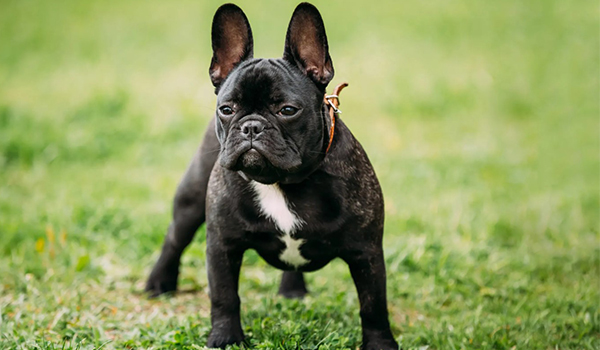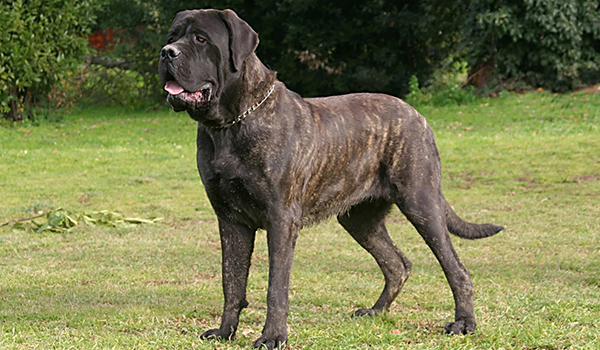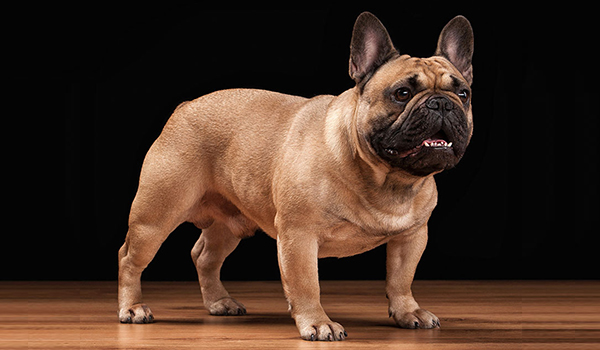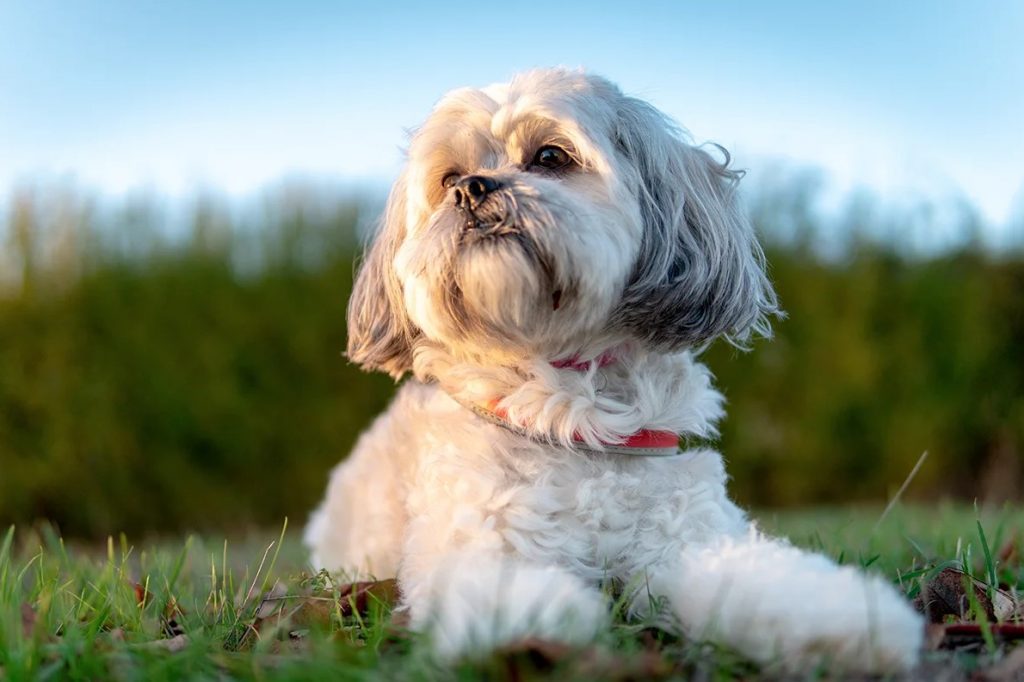
With a name that translates to “Little Lion” in Mandarin, the Shih Tzu is a breed of royal heritage and undeniable charm. These small, sturdy dogs are known for their luxurious, flowing coat, sweet expression, and confident, friendly demeanor. Bred solely for companionship, they are true lap dogs whose primary purpose is to love and be loved.
This comprehensive guide will explore everything a future owner needs to know about the Shih Tzu, from their imperial history to their modern-day needs, to help you decide if this affectionate and charming companion is the right fit for your home.
Breed Overview
- Group: Toy
- Height: 9 – 10.5 inches (at the shoulder)
- Weight: 9 – 16 pounds
- Life Span: 10 – 18 years
- Coat: Long, dense, double-coated, and flowing. It requires significant maintenance. They come in all colors and patterns, and a distinctive dark mask is common.
A Brief History: Imperial Treasure
The Shih Tzu’s history is steeped in luxury and legend. They were developed centuries ago in the Chinese imperial courts, likely from a mix of breeds like the Lhasa Apso and the Pekingese. They were so cherished by the royalty of the Ming and Qing dynasties that they were rarely, if ever, sold or traded. The breed was considered a sacred treasure, and for years, the smallest examples were even carried in the sleeves of the imperial robes, earning them the nickname “sleeve dogs.”
The first Shih Tzus were brought to Europe in the 1930s, and to the United States after World War II by returning soldiers. They were recognized by the American Kennel Club (AKC) in 1969 and have since become one of the most popular toy breeds in the world, adored for their beautiful looks and delightful personality.
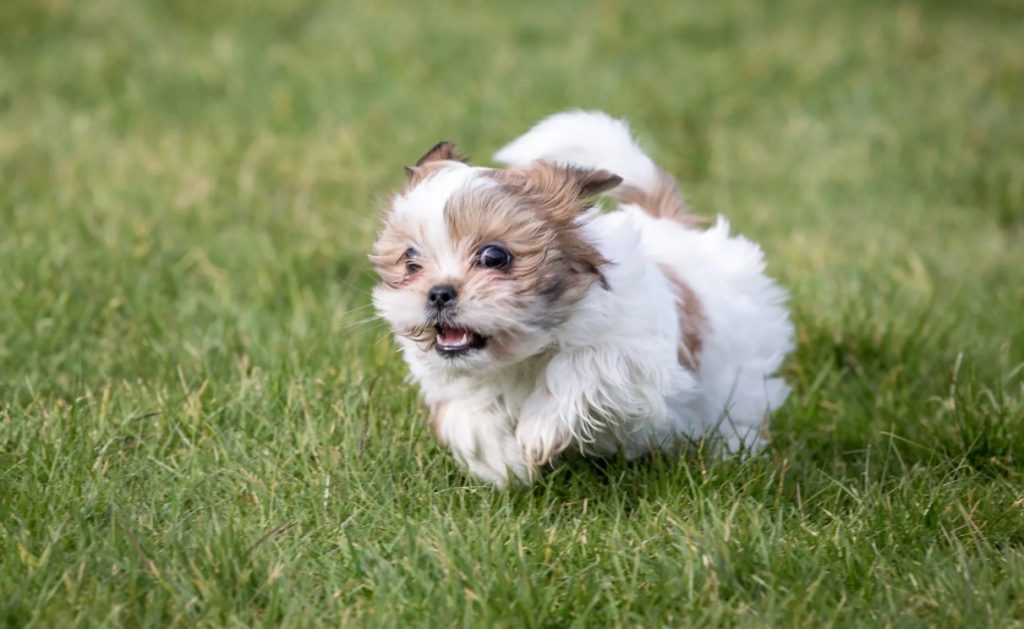
The Shih Tzu Temperament: Outgoing, Affectionate, and Charming
Bred for centuries to be a companion, the Shih Tzu’s temperament is perfectly suited for the role. They are not “yappy” or nervous like some small breeds can be.
- Affectionate & Loving: Shih Tzus are true companion dogs. They thrive on human attention and love to cuddle and sit on laps. They form strong bonds with all members of their family.
- Outgoing & Charming: They are typically friendly, happy, and outgoing with everyone they meet—strangers, children, and other dogs alike. Their cheerful and slightly mischievous nature is endlessly entertaining.
- Alert but Not a Watchdog: They will alert you to visitors with a bark, but their friendly nature means they are more likely to greet an intruder with a wagging tail than a snarl. They are companions, not guardians.
- Confident & Playful: They carry themselves with a notable air of confidence and importance, a relic of their royal past. They enjoy short bursts of play but are not a high-energy breed.
- Stubborn Streak: While intelligent, they can have an independent mind of their own. They respond best to patient, positive training and are not always eager to please for the sake of it.

Caring for Your Shih Tzu
Exercise: Low-Key Needs
Their exercise requirements are minimal and perfectly suited for apartment living or less active owners.
- Daily Requirements: A few short walks around the block and some indoor playtime are sufficient to keep a Shih Tzu happy and healthy.
- Mental Stimulation: They enjoy simple puzzle toys and learning cute tricks, but their main source of stimulation is human interaction.
Grooming: A Significant Commitment
This is the most demanding aspect of Shih Tzu ownership. That beautiful, floor-length coat doesn’t happen by itself.
- The Daily Brush: Daily brushing is non-negotiable to prevent severe mats and tangles. Their fine, long hair is prone to knotting, especially around the ears, legs, and belly. A combination of a pin brush and a metal comb is essential.
- Professional Grooming: Most owners opt for a visit to a professional groomer every 3-4 weeks. Many choose a shorter “puppy cut” for easier maintenance, which significantly reduces daily brushing time.
- Eye & Face Care: Their large, prominent eyes are prone to irritation and tearing. The hair on their face must be kept clean and dry to prevent staining and skin infections. Many owners use a soft damp cloth to wipe their face daily and keep the hair on top of their head tied in a topknot.
- Other Needs: Regular ear cleaning (their floppy ears trap moisture), teeth brushing (Toy breeds are prone to dental issues), and keeping the hair around their bottom trimmed for hygiene.
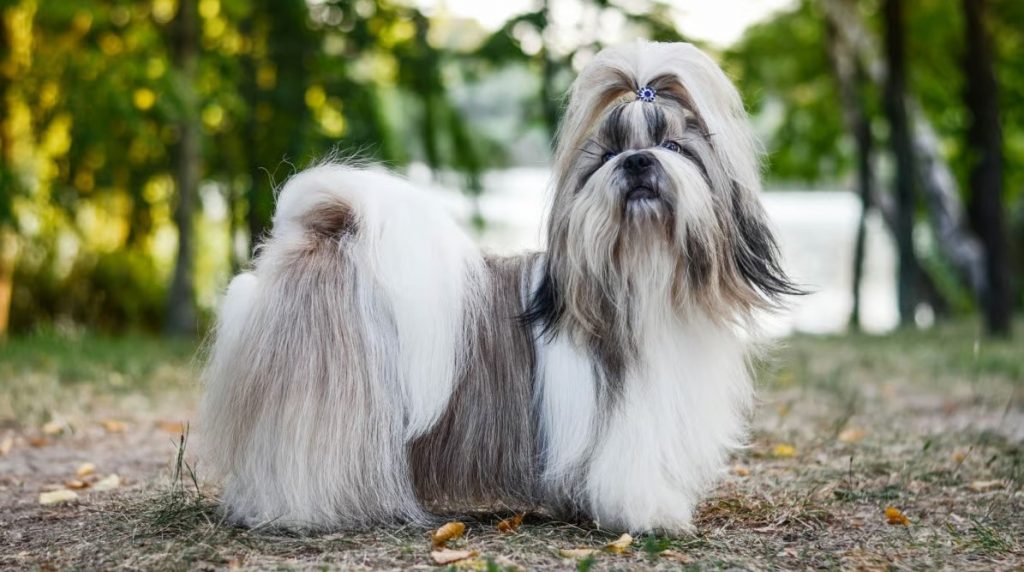
Training: Patience and Positivity
Training a Shih Tzu requires a gentle and consistent hand.
- Housetraining: This can be their biggest training challenge. They are small dogs with small bladders and a stubborn streak. A strict, consistent schedule with positive reinforcement is absolutely essential. Using puppy pads is a common and often necessary strategy.
- Positive Reinforcement: They respond excellently to reward-based training with small, tasty treats, praise, and play. They are sensitive and do not respond well to harsh discipline.
- Socialization: Early exposure to different people, places, and sounds is important to ensure they remain the confident, well-adjusted companions they are bred to be.
Health: What to Be Aware Of
Shih Tzus are generally robust and long-lived, but they are prone to certain breed-specific issues.
- Brachycephalic Syndrome: Their short muzzle makes them prone to breathing difficulties, snoring, and overheating. It is critical to avoid exercise in hot, humid weather.
- Dental Issues: Crowded teeth are common. Daily teeth brushing and regular veterinary dental cleanings are crucial.
- Eye Problems: Their prominent eyes are susceptible to injuries, corneal scratches, and conditions like cherry eye and progressive retinal atrophy (PRA).
- Orthopedic Issues: They can be prone to hip dysplasia and luxating patella (a slipping kneecap), a common issue in small breeds.
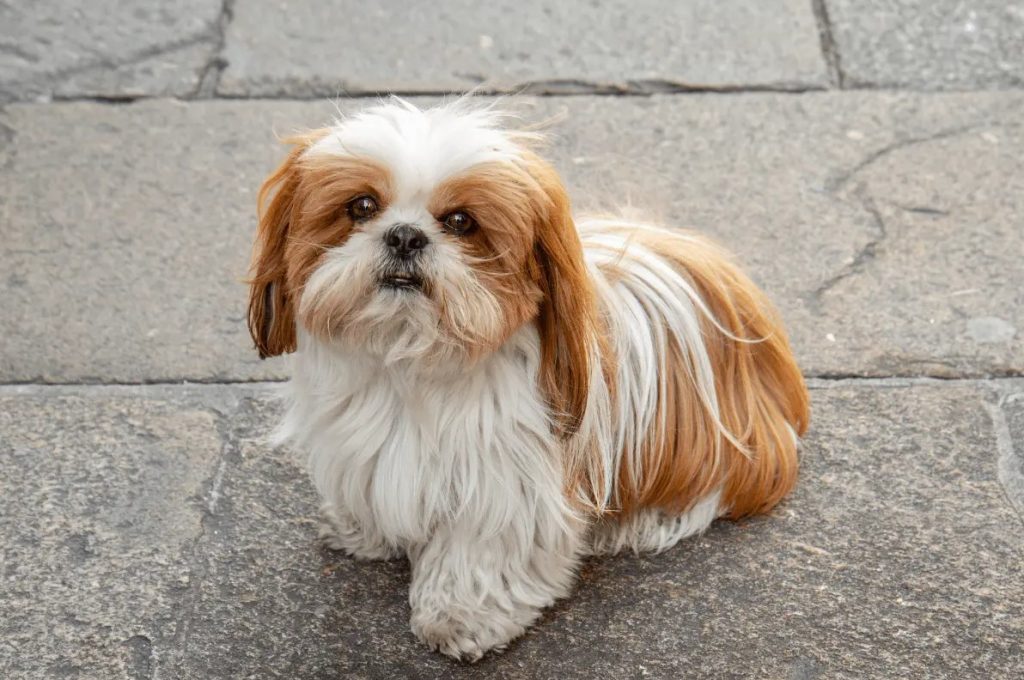
Is a Shih Tzu Right For You?
A Shih Tzu might be your perfect match if you:
- Want a loving, affectionate lap dog and constant companion.
- Live in an apartment or have limited space.
- Have a relatively calm or sedentary lifestyle.
- Are home often and can provide plenty of attention.
- Have the time and budget for a significant grooming regimen.
You might want to reconsider if you:
- Are looking for a jogging or hiking partner.
- Want a low-maintenance, wash-and-wear breed.
- Are unprepared for the challenges of housetraining a small, sometimes stubborn dog.
- Have very young children who might accidentally injure them.
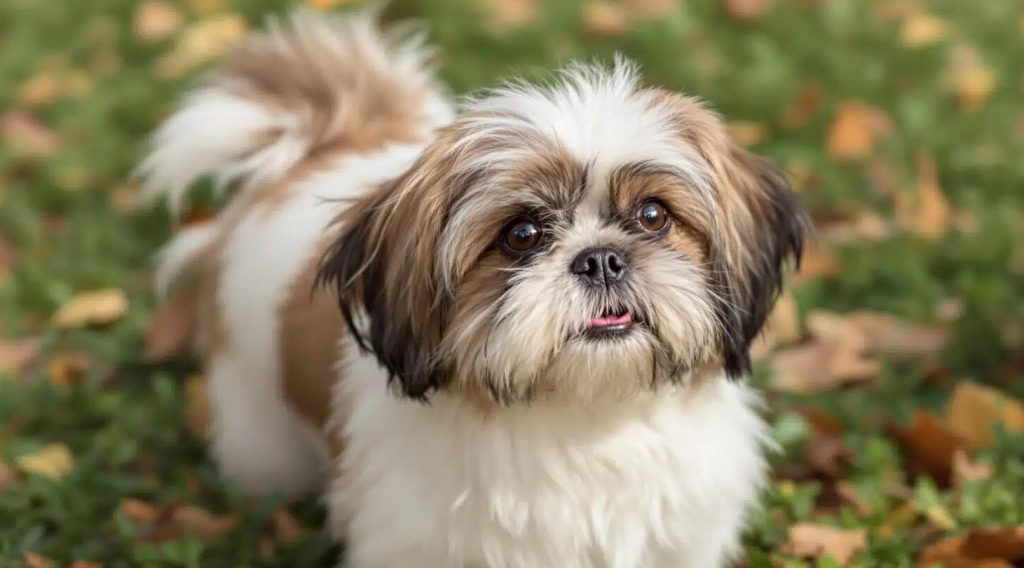
Finding Your Shih Tzu
- Reputable Breeders: Choose a breeder who prioritizes health and temperament. They should perform health tests on their breeding dogs (like OFA patella certifications and eye exams by a veterinary ophthalmologist) and be transparent about the breed’s challenges.
- Rescue & Shelters: Shih Tzu-specific rescues are very common. Many dogs end up in rescue due to owners being unprepared for their grooming needs. Adopting an adult Shih Tzu is a wonderful way to provide a second chance, and their personality and coat type will already be known.
Understanding the Cost: The initial purchase price from a reputable breeder in the U.S. typically ranges from $1,000 to $3,000+. However, prospective owners must budget for significant ongoing grooming costs ($50-$90+ per session every 3-4 weeks), high-quality food, and potential veterinary care for their eyes, teeth, and respiratory system. The lifetime cost of ownership is a considerable financial commitment.
Bringing a Shih Tzu into your life means welcoming a piece of living royalty—a devoted, charming, and loving companion whose entire world revolves around you. In return for your care and attention, you will receive a lifetime of unwavering affection and regal companionship.

